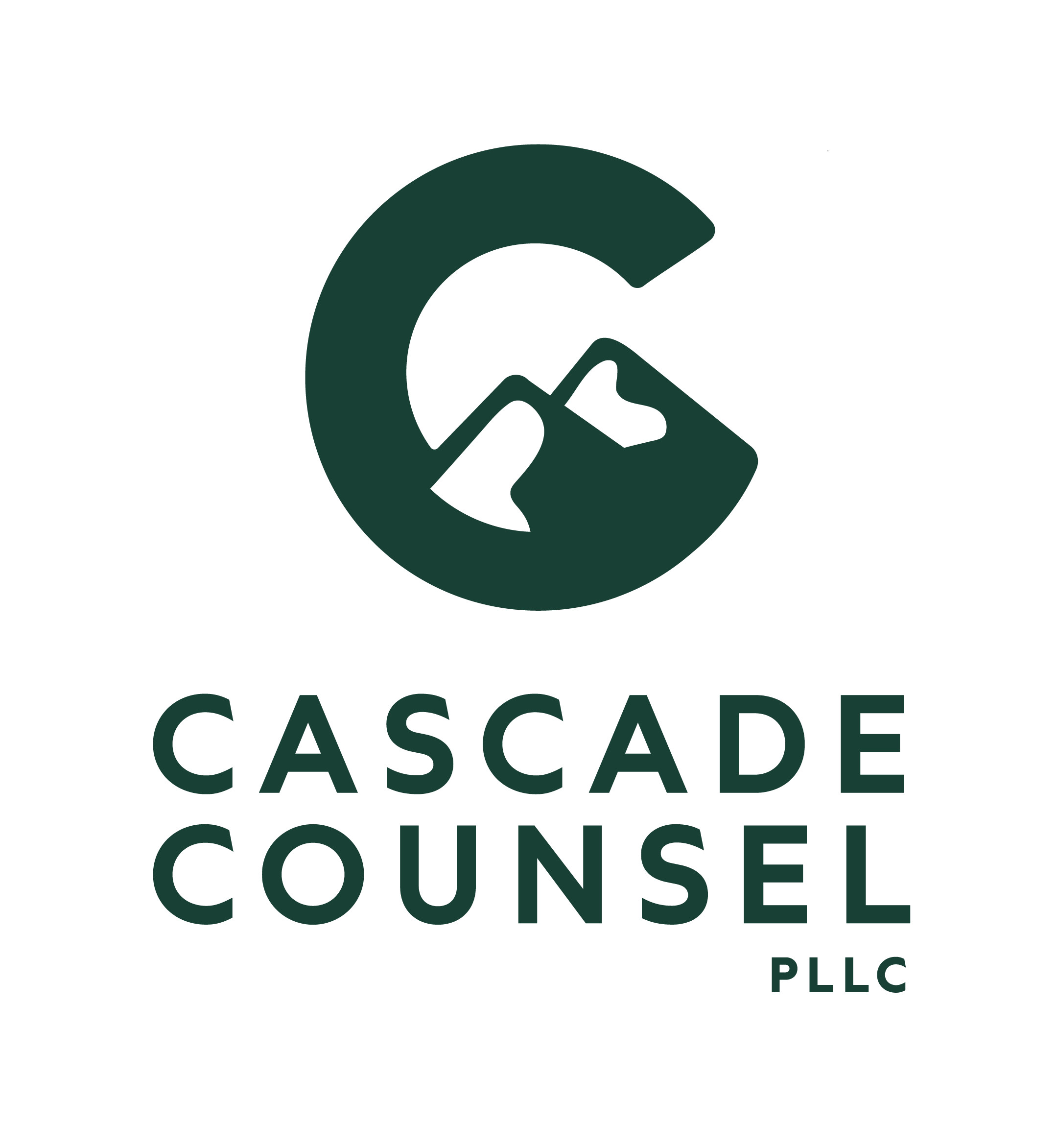Serving Notices
Serving Notices
A Guide for Landlords
Master the process of serving notices with our comprehensive guide. Ensure compliance and protect your rights in every rental situation.
Serving legal notices is a critical part of landlord-tenant law in Washington State. Whether you’re addressing unpaid rent, lease violations, or ending a tenancy, each notice must follow strict legal rules under RCW 59.12.040 and local city ordinances. Using the wrong form, missing details, or failing to serve notices properly can delay evictions and cost you in court.
This article explains common types of notices and outlines valid service methods, like personal delivery or the “nail and mail” approach. It also covers common compliance mistakes. It is also important to note special rules may apply in particular cities, but this article only focuses on state-level requirements.
COMPLIANCE NOTE – STATE NOTICE LAWS CHANGE ON JULY 27, 2025!
Under the new rules notices must contain specific compliance dates, USPS certified mailing is required, and five (5) extra days must be added to dates when mailing. However, landlords no longer need to mail from within the same county as the rental property and are now permitted to mail from anywhere in the state of Washington. Other communications, such as deposit settlements, have not been impacted.


All notices with the potential to impact tenancy require service
- Eviction Notice: Landlords must serve a written notice stating the just cause, necessary facts to support it, deadline with move out date, and required language regarding tenant rights. Valid service includes in-person delivery to the tenant(s), in-person delivery plus mailing, or posting to the door and mailing if reasonable personal delivery efforts fail. Notices must at least substantially comply with legal requirements for content and service to be valid, some judges may require strict compliance and all defense attorneys will push for strict compliance.
- Termination Notice: Landlords ending a qualifying tenancy without cause–either a periodic tenancy at the end of its first 12 months, or a 6-12 month term tenancy after the first 12 months with no period of time spent on a periodic lease–must provide at least 60 days notice before the end of the qualifying term.
- Rent Increase Notice: Under HB 1217, even though they do not have the potential to directly impact tenancy, rent increase notices have been specifically identified for having the same form and service requirements. This means, for rent increases to be valid, the same new dating, service, and mailing requirements all apply. And, unlike with eviction notices for which strict vs substantial compliance has been a matter of case law, HB 1217 strongly indicates strict compliance is required–Even a minor defect will mean landlords need to refund overcharged rent and re-serve notice!
Common lease violations may include:
- Damaging the rental unit
- Overcrowding
- Smoking in non-smoking areas
- Housing pets in pet-free rentals
- Health and safety violations
The default notice for non-monetary lease violations is a 10-day comply or vacate. In order for the notice to be valid, the violation must be substantial and the lease term violated must be material. Substantial means a clear and significant violation that is more than a minor, technical violation. And material means the term is essential to the benefits the landlord receives under the lease. The notice must also contain facts sufficient for the tenant to reasonably understand the violation and how to or correct it.
Non-curable violations may include:
- Engaging in criminal activity
- Operating illegal businesses
- Being a nuisance
- Creating hazardous waste
Some types of lease violations are so severe that the law recognizes the harm cannot be cured. As a general rule, these types of violations require an imminent, substantial, and material threat to people and/or property. As with comply or vacate notices, the notices must contain sufficient facts for the tenant to reasonably understand the violation. But, unlike with comply or vacate notices, there is no opportunity to correct the violation and the tenant must vacate.
Other notices require triggering events such as:
- Condo conversion
- Condemnation
- Landlord moving in
- 4+ comply or vacates in a 12-month period
- Sale of a single family home
- A shared living situation
- Tenant refusal to sign a renewal lease
For these types of notices, things are a bit less subjective. Landlords still need to supply facts necessary for a tenant to reasonably understand the notice. But the question is whether the statutorily described event occurred. For example, “is the landlord actually intending to move in?” The law provides some specific guidelines for some of these events, but the event actually occurring is dispositive absent fraud or some other improper purpose, such as retaliation, on the landlord’s part.
Landlord Best Practices
It can be tempting for landlords to think they have a good tenant and that lease formalities aren’t necessary, particularly if it is someone they personally know and trust, such as a friend or family member. In these cases, many landlords think, extra formalities would be insulting and damaging to the relationship while creating extra work for all parties. But this is not the case. Compliance and observance of lease formalities is the key to establishing a clearly defined tenancy, which protects the rights of both the landlord and tenant for years to come. Both good tenants and good landlords will appreciate this fact and reluctance to observe formalities can be a useful red flag to watch for on both sides.
Some best landlord practices include:

Screen tenants. Check a potential tenant's credit history, criminal background, and eviction history. Some local restrictions apply.
Use a comprehensive written lease that is compliant with state and local laws while also being adapted to the needs for the property and parties for which it is being used.
Leases and rental policies are subject to change, particularly in Washington. It is important for landlords not to get complacent and to regular monitor for changes at least annually.
If a deposit is being required, a condition checklist must be created and signed by both parties at the commencement of the tenancy.
Regularly generate and retain written records of correspondence, notices, service declarations, complaints, maintenance, and any other documents impacting tenancy. These records are especially helpful when selling a property and when addressing historic events.
Don't forget to retain supporting records for notices. Declaration of service forms should be completed immediately after each service and retained along with photos, receipts, and a copy of the notice--Think of these supporting materials as an essential part of the notice and store them all together.
On occasion, federal law may apply. For example, some states have held the Fair Debt Collections Practices Act applies. Another good example is the minimum notice requirement Fannie Mae and Freddie Mac have imposed on properties financed with them.
Disclaimer
This article is provided for informational, educational, and marketing purposes only and does not constitute legal advice. The content is current as of its publication or last review and may not reflect the latest legal developments. Do not rely solely on this information—consult a qualified attorney regarding your specific situation.
Make sure your notices stick!
In Washington, serving notices the right way is not optional, it’s the legal foundation for enforcing your rights under a lease. From using the correct forms to following city-specific rules, every step must meet RCW and local compliance standards. Even small mistakes can lead to court delays, dismissed cases, or legal liability.
If you are not sure about what notice to use or how to serve it properly, Cascade Counsel can help. Contact us for affordable legal support and ensure your notices meet legal standards so your rental business stays protected.
